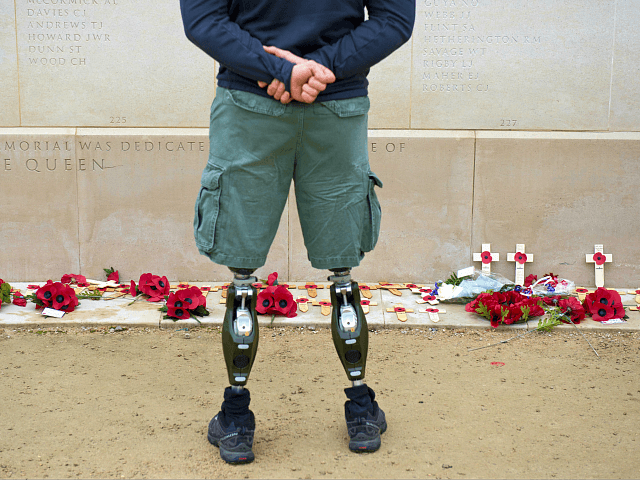Cambridge University students have rejected a proposal to honour British veterans on the 100th anniversary of the end of World War One, with activists claiming it was “imperialist propaganda” that “valourised” war.
The original motion put to the student union by the Cambridge University Conservative Association (CUCA) called for the university to be “more proactive in promoting the cause of Remembrance” and to “ensure that Remembrance Day becomes a well-established and well-marked event across the university”.
Proposed by CUCA’s Tohin Munshi and seconded by William Phelps, an extended amendment was written by student activist Stella Swain, removing the relevance of war veterans and making the proposed campaign more global by commemorating “all those whose lives have been affected by war”.
Shocked by the raft of amendments erasing military personnel from the motion, CUCA posted the original and version proposed by Miss Swain, noting that “British war veterans”, “Remembrance Day”, and “Poppies” — the red paper badges sold annually by the forces charity Royal British Legion every November — had been “crossed out”.
“This is a Students’ Union that literally wants to erase our memory and gratitude to war heroes who sacrificed so much for so many,” the young conservatives wrote.
It was accepted by 30 votes in favour, one against, but the motion was rejected outright in the final vote at the student union’s council meeting Monday night.
Miss Swain castigated Mr Munshi and Mr Phelps for “just focus[ing] on British war veterans”, asserting that as Cambridge is a “global community”, the students’ union “should reflect the status of the University as an international institution”.
CUCA told Varsity, the university’s newspaper, that the changes to the motion “had the clear intention of de-emphasising the sacrifices made by our brave armed forces”.
“We thought we could help raise some money for struggling veteran charities, and the response from CUSU Council was as depressing as it was deplorable,” they added.
Demilitarise Cambridge, a self-described “agitator/activist” group against the university’s involvement in the arms trade, said that the original proposal “intentionally glorified and valorised conflict”.
The group added that the young conservatives’ “insistence on supporting ‘British’ troops to the exclusion of millions of other victims of war is jingoistic, imperialist propaganda”.
WWII Vet’s Epic Takedown: ‘Wear a Damn Poppy, You Bastard!’ https://t.co/ysnMVYeOkA pic.twitter.com/CEctA3BP7x
— Breitbart London (@BreitbartLondon) November 29, 2016
Mayor of Cambridgeshire and Peterborough James Palmer condemned the motion, saying it showed “disdain” for Britain’s military.
“It is something I find very difficult to comprehend – that [students] can’t be grateful and respectful of previous generations and their sacrifices,” Mr Palmer told The Telegraph on Thursday.
“It is easy to judge from a distance when you have the luxury of a safe and comfortable democracy. We have an enormous debt to armed forces in this country.”
Just last week in Wales, a near-life-size silhouette of a World War One ‘Tommy’ soldier, installed to educate young people on the sacrifices made by servicemen, was decapitated by vandals.
The Silent Soldiers campaign, run by the Royal British Legion, will be displayed across the country to commemorate one hundred years since the Armistice on November 11th, 1918, and highlight their work supporting today’s veterans including those suffering from homelessness, physical disability, and PTSD.
To find out more about the World War One Centenary, visit the Royal British Legion website.
Sometime over the weekend our Silent Soldier 'Tommy' was damaged beyond repair. This has been reported as a crime,please call 101 quoting Crime ref: 1800 382 877 if you have any information. @gpbargoed @CaerphillyObsvr @campaignseries pic.twitter.com/c8c6qYqe5Y
— Bargoed Town Council (@BargoedTC) October 8, 2018

COMMENTS
Please let us know if you're having issues with commenting.